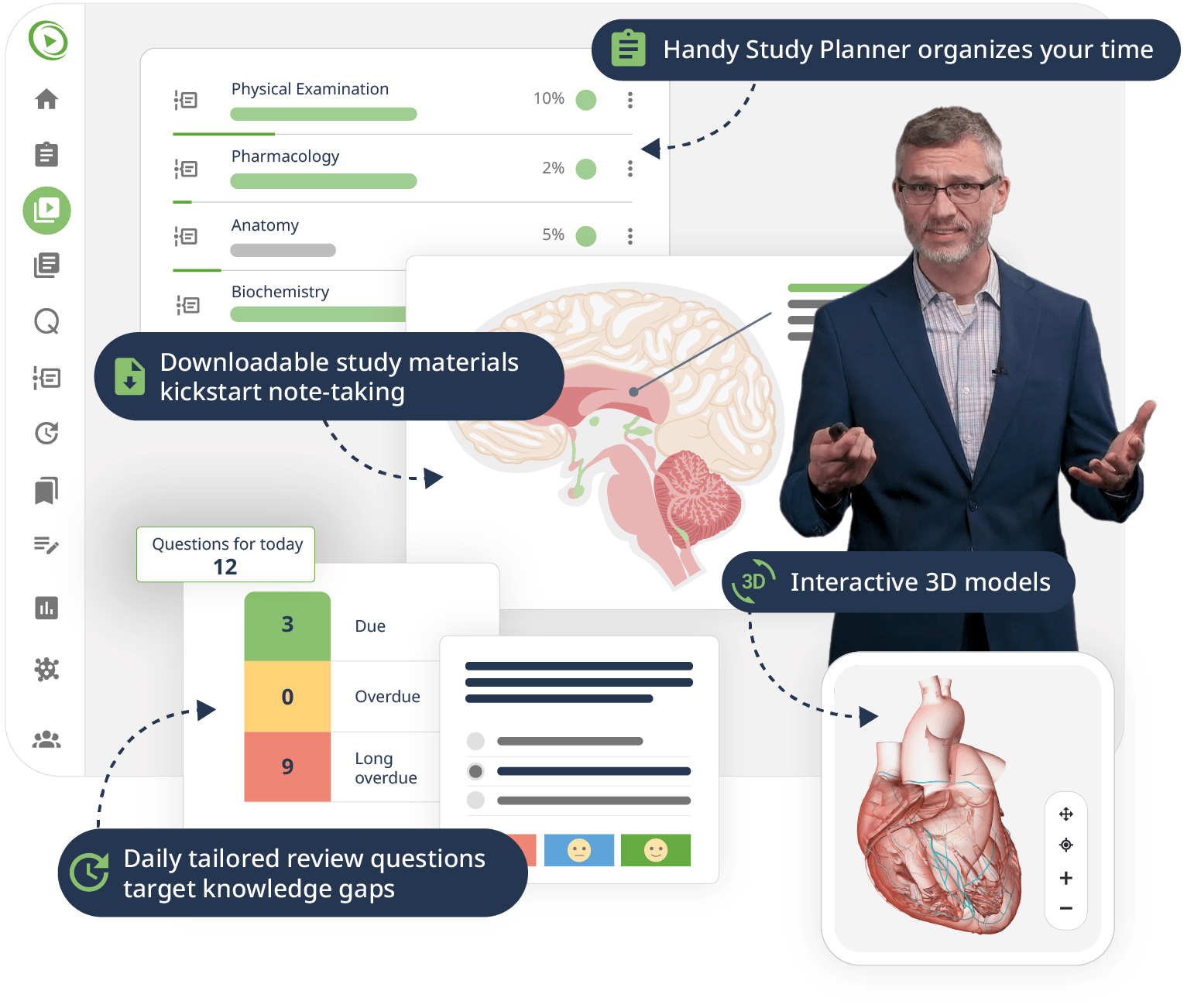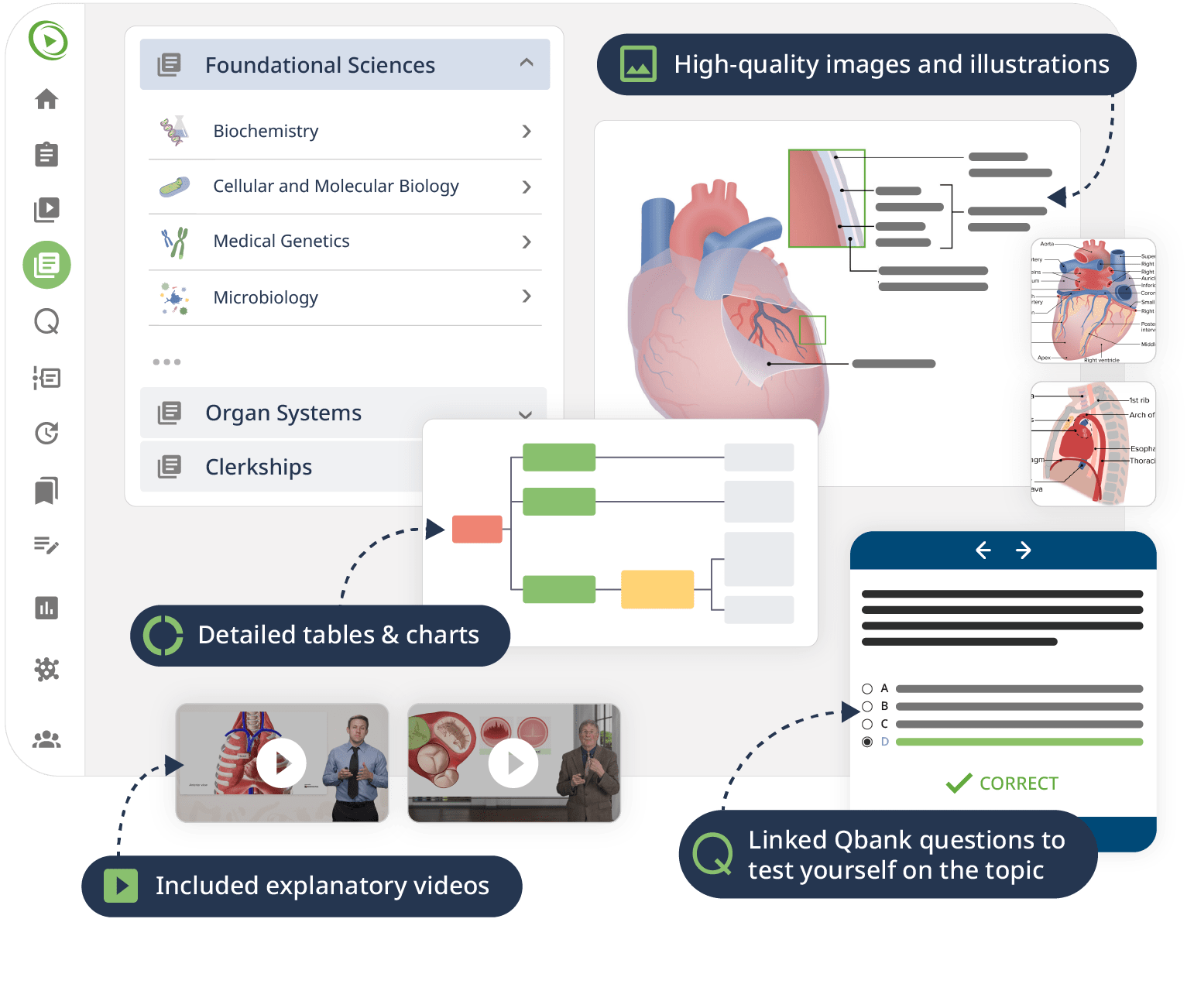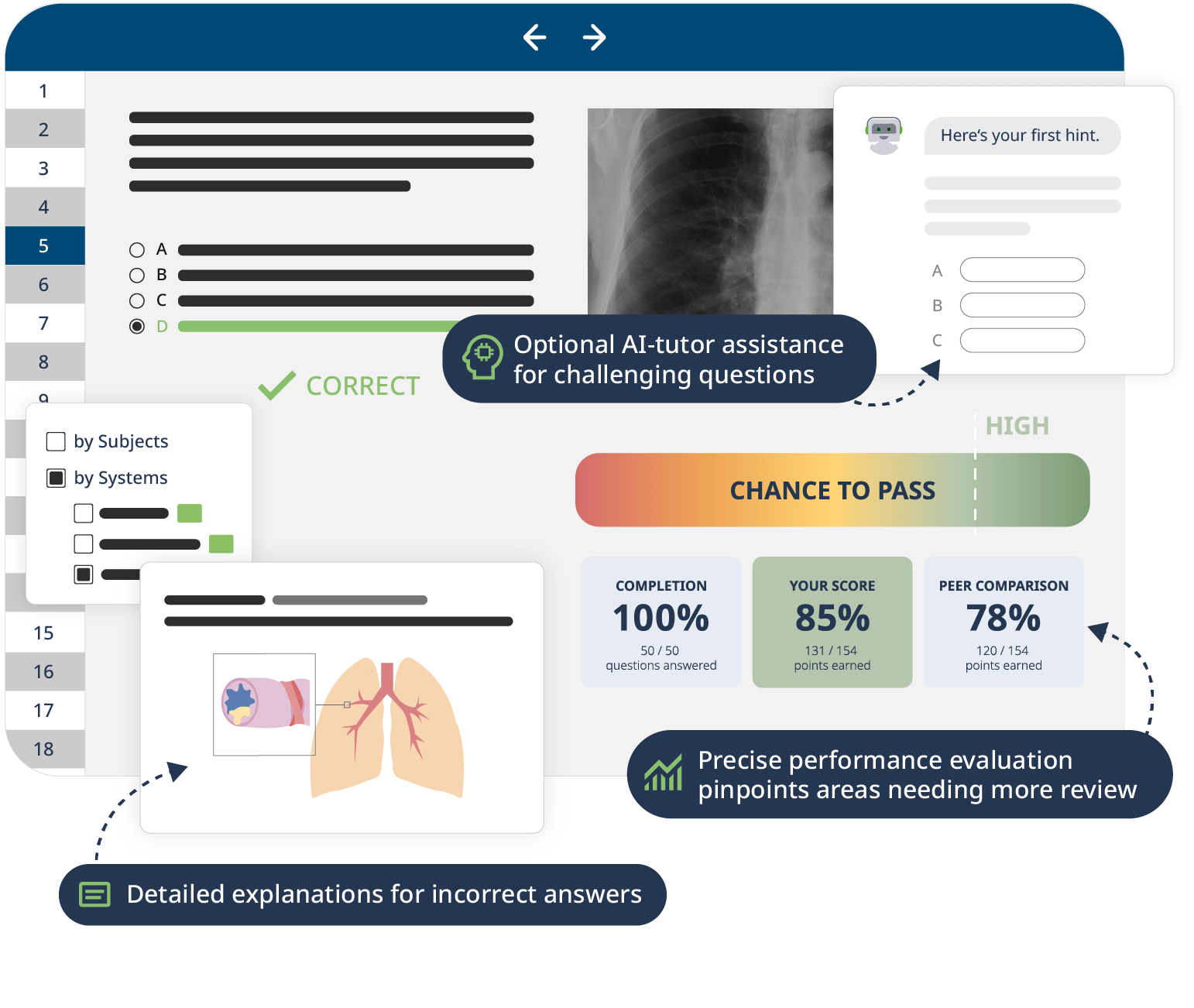Start your online pharmacology class
taught by experienced educator Pravin Shukle, MD
Pharmacology is the basis of therapeutic medicine and one of the focal points of modern science and research activities. Pharmacologically managing or even curing thousands of conditions requires a deep understanding of pharmacologic concepts in relation to the physiologic processes of the human body.
This course covers essential areas of pharmacology, including pharmacokinetics and pharmacodynamics and the key topics of pharmacology for each body system: ANS and CNS pharmacology, cardiovascular, endocrine, reproductive, respiratory, and GI pharmacology. You will also dive into antimicrobials, drugs for the regulation and control of inflammation, and drugs for managing coagulation disorders. Dr. Shukle will systematically walk you through the drug classes, their mechanisms, side effects, and specific notes about interactions and clinical application.
The combination of Video Lessons with interactive quiz questions, downloadable study materials, and a USMLE-style Qbank makes it easy to understand and retain the topics. By the end of this course, you will have a comprehensive understanding of pharmacology and feel ready to not only excel at exams, but to start applying the drugs’ therapeutic value in practice.


















